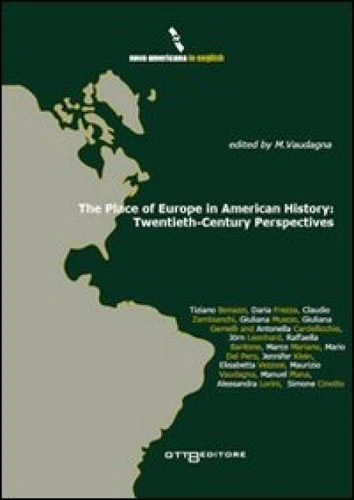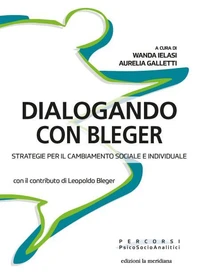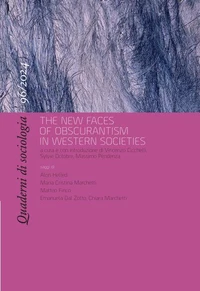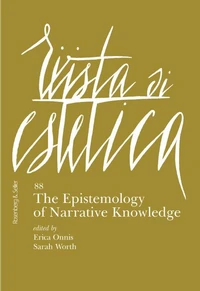The Place of Europe in American History: Twentieth - Century Perspectives
Par : ,Formats :
Disponible dans votre compte client Decitre ou Furet du Nord dès validation de votre commande. Le format PDF est :
- Compatible avec une lecture sur My Vivlio (smartphone, tablette, ordinateur)
- Compatible avec une lecture sur liseuses Vivlio
- Pour les liseuses autres que Vivlio, vous devez utiliser le logiciel Adobe Digital Edition. Non compatible avec la lecture sur les liseuses Kindle, Remarkable et Sony
 , qui est-ce ?
, qui est-ce ?Notre partenaire de plateforme de lecture numérique où vous retrouverez l'ensemble de vos ebooks gratuitement
Pour en savoir plus sur nos ebooks, consultez notre aide en ligne ici
- FormatPDF
- ISBN978-88-95285-03-0
- EAN9788895285030
- Date de parution29/11/2011
- Protection num.Digital Watermarking
- Taille2 Mo
- Infos supplémentairespdf
- ÉditeurOtto
Résumé
For the last thirty years the place of Europe in twentieth-century American history has been marginalized. While the impact of the United States on European life has been frequently dealt with, the American history writing prevalent in the United States has debunked the traditional portrait of the American experience as "invented" by Europeans and their heirs in the "New World." The so-called "new historians" have dismantled the old Eurocentric "victory tale, " which they have interpreted as the historical legitimization of the white, male and Anglo-Saxon elites.
With the beginnings of the 1990s, the trend toward cultural globalism made some of the leading protagonists of the Americanist historical profession in the United States keenly aware of the need to reformulate American history from a transnational perspective. I This book takes into account four important areas of transatlantic exchanges: international relations, cultural borrowings, emigration, and comparative welfare states.
The implication is that, while distant from the old Eurocentric rationale, the history of transatlantic relations is relevant to understand both Europe and the United States.
With the beginnings of the 1990s, the trend toward cultural globalism made some of the leading protagonists of the Americanist historical profession in the United States keenly aware of the need to reformulate American history from a transnational perspective. I This book takes into account four important areas of transatlantic exchanges: international relations, cultural borrowings, emigration, and comparative welfare states.
The implication is that, while distant from the old Eurocentric rationale, the history of transatlantic relations is relevant to understand both Europe and the United States.
For the last thirty years the place of Europe in twentieth-century American history has been marginalized. While the impact of the United States on European life has been frequently dealt with, the American history writing prevalent in the United States has debunked the traditional portrait of the American experience as "invented" by Europeans and their heirs in the "New World." The so-called "new historians" have dismantled the old Eurocentric "victory tale, " which they have interpreted as the historical legitimization of the white, male and Anglo-Saxon elites.
With the beginnings of the 1990s, the trend toward cultural globalism made some of the leading protagonists of the Americanist historical profession in the United States keenly aware of the need to reformulate American history from a transnational perspective. I This book takes into account four important areas of transatlantic exchanges: international relations, cultural borrowings, emigration, and comparative welfare states.
The implication is that, while distant from the old Eurocentric rationale, the history of transatlantic relations is relevant to understand both Europe and the United States.
With the beginnings of the 1990s, the trend toward cultural globalism made some of the leading protagonists of the Americanist historical profession in the United States keenly aware of the need to reformulate American history from a transnational perspective. I This book takes into account four important areas of transatlantic exchanges: international relations, cultural borrowings, emigration, and comparative welfare states.
The implication is that, while distant from the old Eurocentric rationale, the history of transatlantic relations is relevant to understand both Europe and the United States.



















